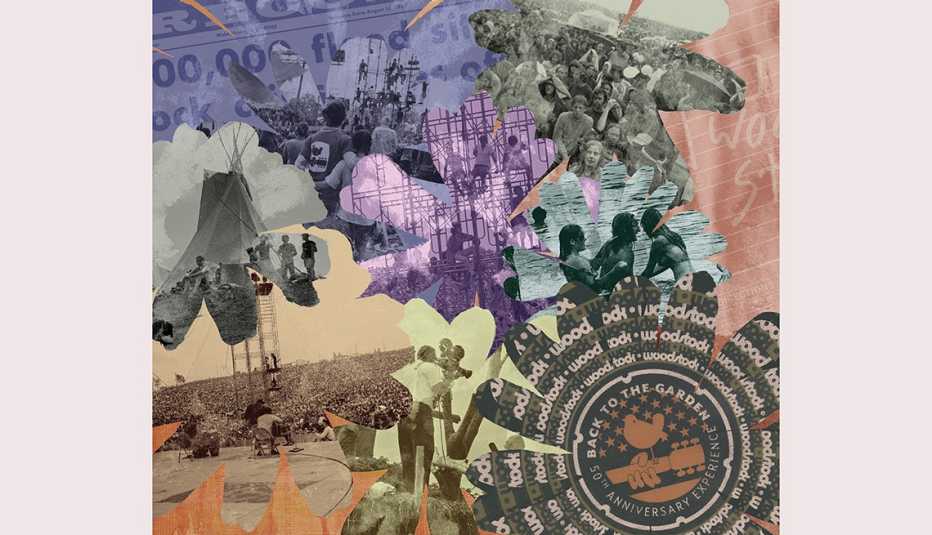AARP Hearing Center


As the 50th anniversary of Woodstock approaches, fans are finally able to hear all the music. Previous live albums and box sets have included a mix of music from the 32 acts that played at Max Yasgur's farm, but Rhino Records’ Back to the Garden: The Definitive 50th Anniversary Archive collects 36 hours of music — 432 songs over 38 compact discs. (The $800 box, released Aug. 2, also includes a Blu-ray of the Woodstock film, a book and other material; shorter and less expensive versions are also available.)
Music producer Andy Zax talks about restoring this mass of music over 14 years. (Listen to a longer version of this interview on the "Rockin’ the Suburbs” podcast.)
How do you approach a project of this magnitude?
First you get really intimidated. Then you realize that the only way it will work is if you break it down into very small components. That is a whole lot easier sounding than it actually was. In actual real life, it was horrible, but great at the same time, but also horrible. It was like solving one of the hardest jigsaw puzzles ever created with no map and no idea how the pieces fit together, and all the pieces are the same size.
What did you have to work with, exactly?
I inherited a ton of tapes, not just the original tapes, but also the tapes that were produced by other people working on it over the years, which tended to mostly confuse the issue and bulk everything up. The confusing part is that a lot of these things weren't marked well.
Tell us about the “first-song curse."
Oh, the first-song curse. Sometimes they would forget to do fairly basic things, like put people's vocal mics up. You'll have a song, famously, Arlo Guthrie's “Coming Into Los Angeles,” which is heard on the Woodstock soundtrack, but not from Woodstock. It's from the Troubadour in L.A. several months later because somebody forgot to put the volume up on his vocal mic for the first 90 seconds of the song.



































































More From AARP
Relive Woodstock: AARP's Best 8 Movies and Albums
Celebrate the 50th anniversary with these historic gemsWoodstock Remembrances: Personal Stories From AARP Members
Personal stories about peace, love and music experienced at the 1969 festivalWoodstock 50th Anniversary
A look back on the musicians and history that shaped the iconic event